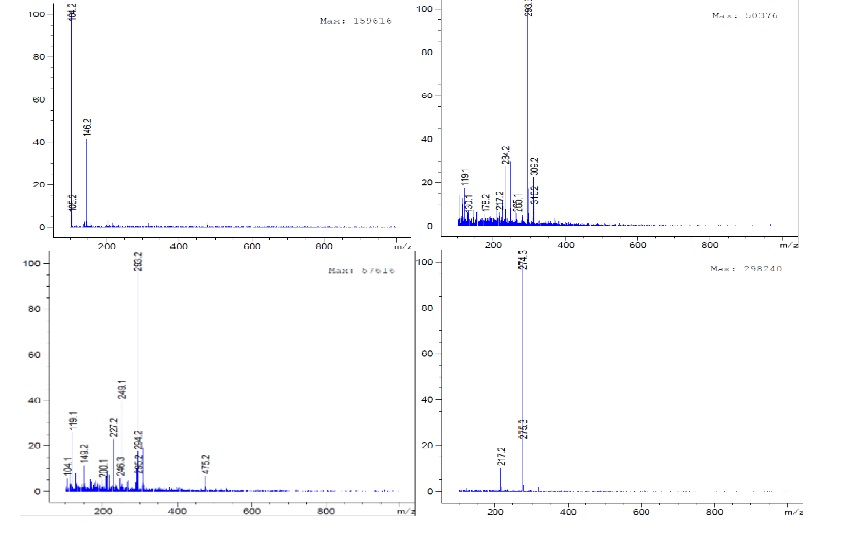Physicochemical Analysis and Chromatographic Profiling Using LC-MS of Kanjika During Fermentation
DOI:
https://doi.org/10.47070/ijapr.v10i6.2424Keywords:
Kanjika, Ayurveda, Fermented formulation, LC-MS, Microbial load.Abstract
Kanjika is a traditional Ayurvedic fermentation product prepares using 11 herbal ingredients in an aqueous media without the addition of any sweetening agents. The aim of the study was to analyse the biochemical changes happening throughout the process of fermentation in Kanjika and to identify the bioactive molecules formed during the fermentation process. Two batches of Kanjika were prepared. One batch was kept undisturbed throughout the fermentation process, while samples were drawn out at regular intervals from the other batch. A comparative evaluation of physicochemical parameters was done between the various samples drawn from the second batch of the formulation and the sample from the first batch after completion of fermentation. Further detailed analysis of the product before initiation of fermentation and after completion of fermentation was done using LC-MS. The two batches of Kanjika showed significant changes with regard to basic physicochemical parameters. It was found that in both the batches the pH was found to be highly acidic without any significant variations among the samples. Brix value was significantly high at the end of fermentation, in the sample from the undisturbed batch when compared to the sample from the disturbed batch.
Downloads



